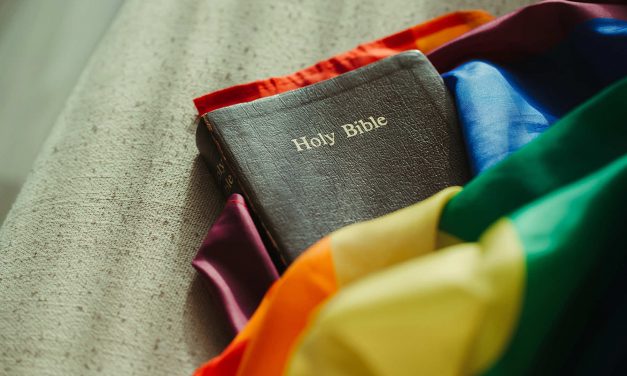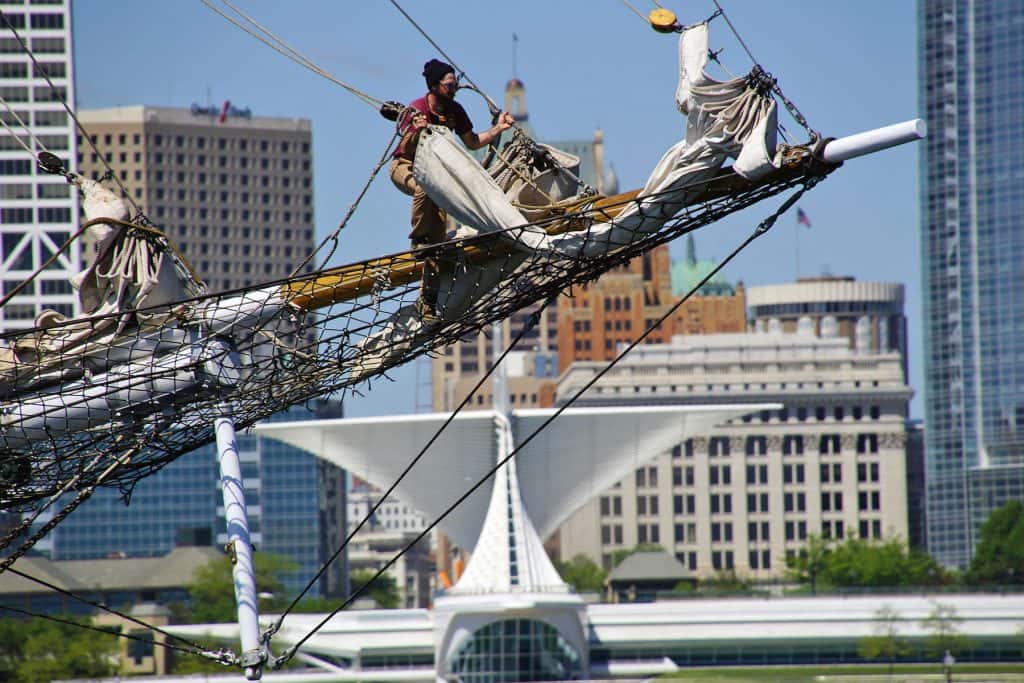Viral fame and exploitation: New laws aim to protect children of influencers from family vlogging
By Jessica Maddox, Assistant Professor of Journalism and Creative Media, University of Alabama Ruby Franke was once one of the most popular YouTube family vloggers, posting videos featuring her husband and six children on her channel, 8 Passengers, that racked up over 1 billion views. In some, she chronicled their family vacations and family activities, such as painting together. In others, she detailed how she banned her 16-year-old son from sleeping in his bedroom for seven months and threatened to behead a stuffed animal. In August 2023, Franke was charged with child abuse and pleaded guilty four months later....
Read More















